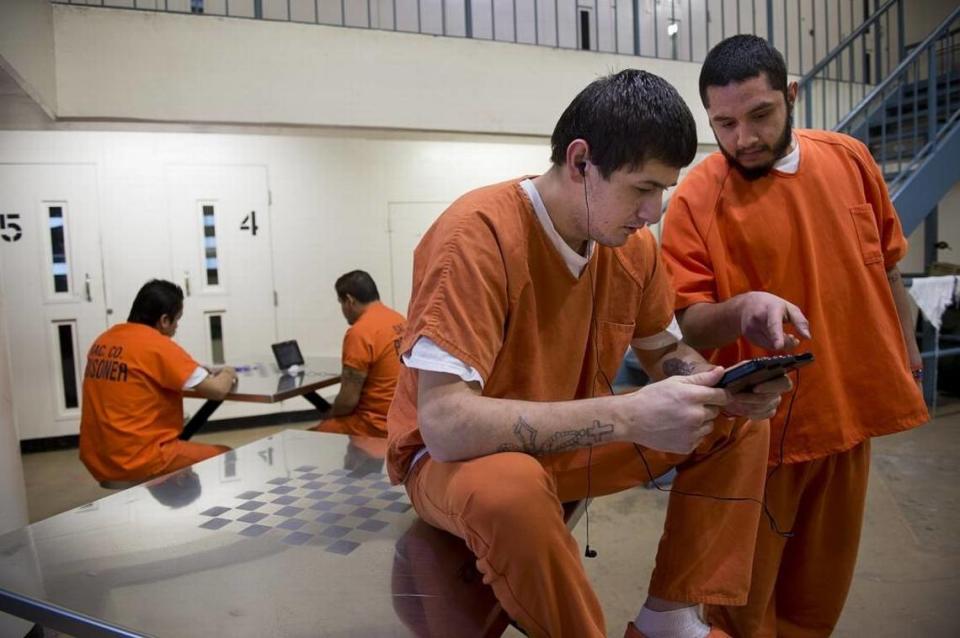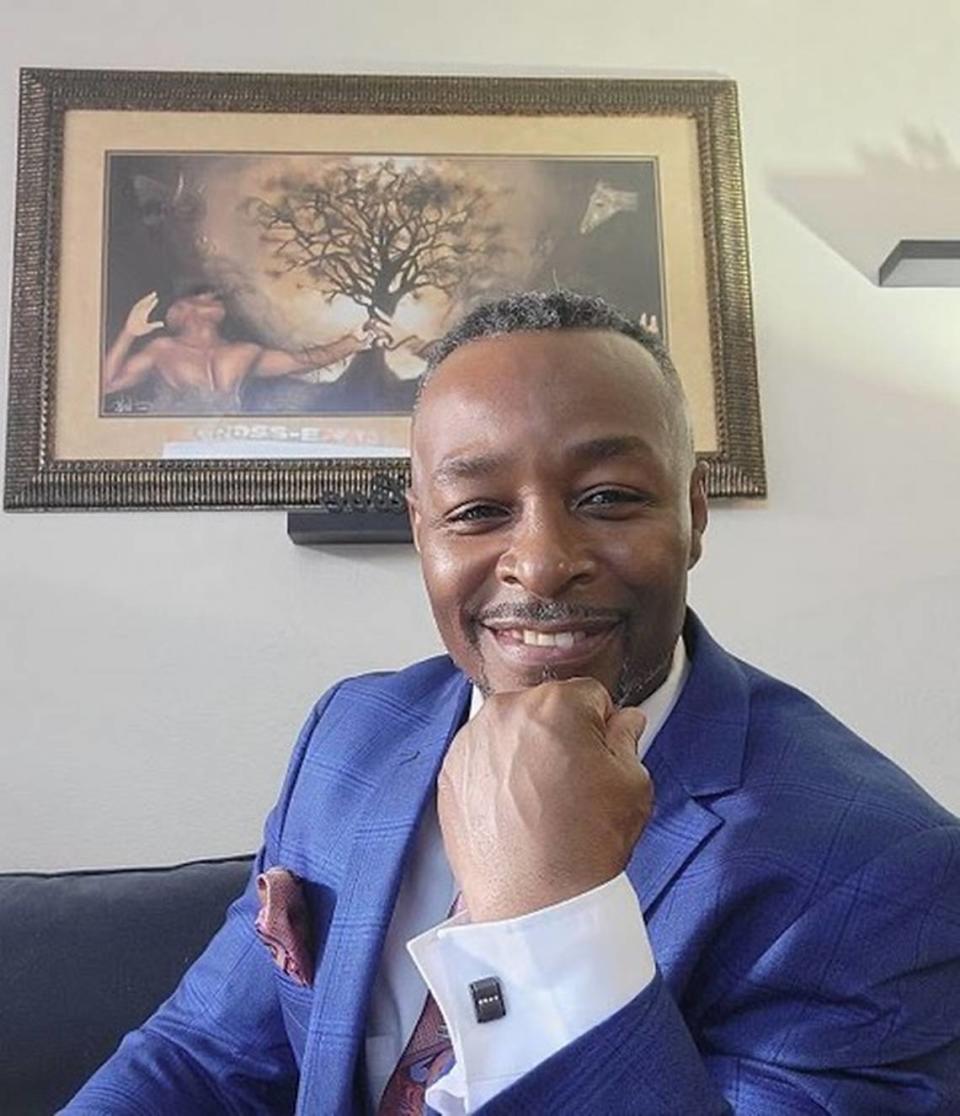While in California state prison, technology helped me be a better father | Opinion
For two decades while I was incarcerated in California’s correctional system, Father’s Day wasn’t a celebration. I had six young children, but no real relationship with them. Without any contact, I didn’t even feel like a father because my connection to them had been severed by my incarceration.
Technology changed that for me — and can make a real difference in the lives of those who are incarcerated, if more people have the same digital communication access I did.
I went to prison in 1992. When my correctional facility got electronic tablets from Securus Technologies in 2013, I couldn’t believe how much technology had changed. I was fascinated by all the possibilities available in a small handheld device. Most importantly, I could send and receive email, photos, and videos from my family instead of waiting on letters or standing in line to make a phone call. Having that tablet gave me a sense of connection to my kids, and I started feeling like a father for the first time in my life.
Opinion
It started with a short email from my oldest son, who was 21 at the time, simply asking how I was doing. I sent him back a smiley face and then he sent me a 30-second video of his son, my grandson, playing in the park. I sat there and cried.

In some ways, I finally was accepting the responsibility of fatherhood. While I couldn’t provide financially, the tablet gave me a way I could contribute, giving me that sense of fatherhood that I had wanted so badly.
Suddenly, my Father’s Day experience changed, too. I used to receive a letter or two, then the tablet brought in tons of Father’s Day ecards and messages from all of my kids and grandkids.
This communication wasn’t limited to holidays — these messages became a part of my weekly routine. I often would wake up my kids with a message and they would tell me about their lives and struggles. I would give them feedback or advice or just listen. It finally felt like I was right there with them.
This reconnection with my kids and my role as a father also had a major effect on my life outlook. Just like there are negative triggers that make you want to act out or make a bad decision, the tablet was a positive trigger that focused me on reentering society. Seeing my family enjoy birthday parties and gatherings on the tablet screen made me want to be with them on the outside.
In 2018, I finally was released into the Modesto community and immediately started working on strengthening family relationships in real life. While I had a lot of catching up to do, the tablet had created a foundation for our interactions over those last five years, making it much easier to build on relationships that had been disconnected by my incarceration. Research demonstrates that this experience holds true for others with criminal records; staying in touch with family during incarceration is shown to reduce recidivism.
First step was being financially stable. I got to work. First, at a law firm helping those still in correctional facilities, and then by founding a nonprofit to support people upon reentry into society.
I used to be a drug dealer, but now I’m a hope dealer, providing optimism to those who are leaving incarceration and reentering the workforce and rejoining their families. I try to help individuals see all the possibilities that life has for them — possibilities that access to technology while behind bars opened up for me.
Today, as I work with other formerly incarcerated individuals in Modesto and across California, I’m constantly reminded that there are fathers out there who are just like I was — disconnected from their families and struggling to find a way back from their mistakes. Without technology to connect them, they may be left behind, returning to the world crippled by lack of relationships and set up to fail their way back to jail again. Recidivism is a vicious cycle, but building and nourishing relationships with family is one way we can break free.
Simply put, technology is rehabilitation.
By making sure the incarcerated community has easier access to these essential tools, we can strengthen chances of successful reentry and also reduce future victimization and crime. Only by making sure the incarcerated have resources to connect and change their lives can we provide a more hopeful and productive future for these often forgotten and neglected members of our society.
Michael Baldwin is the founder of Legacy Alliance Outreach, a nonprofit based in Modesto that helps the formerly incarcerated with jobs, housing, counseling, and education.


